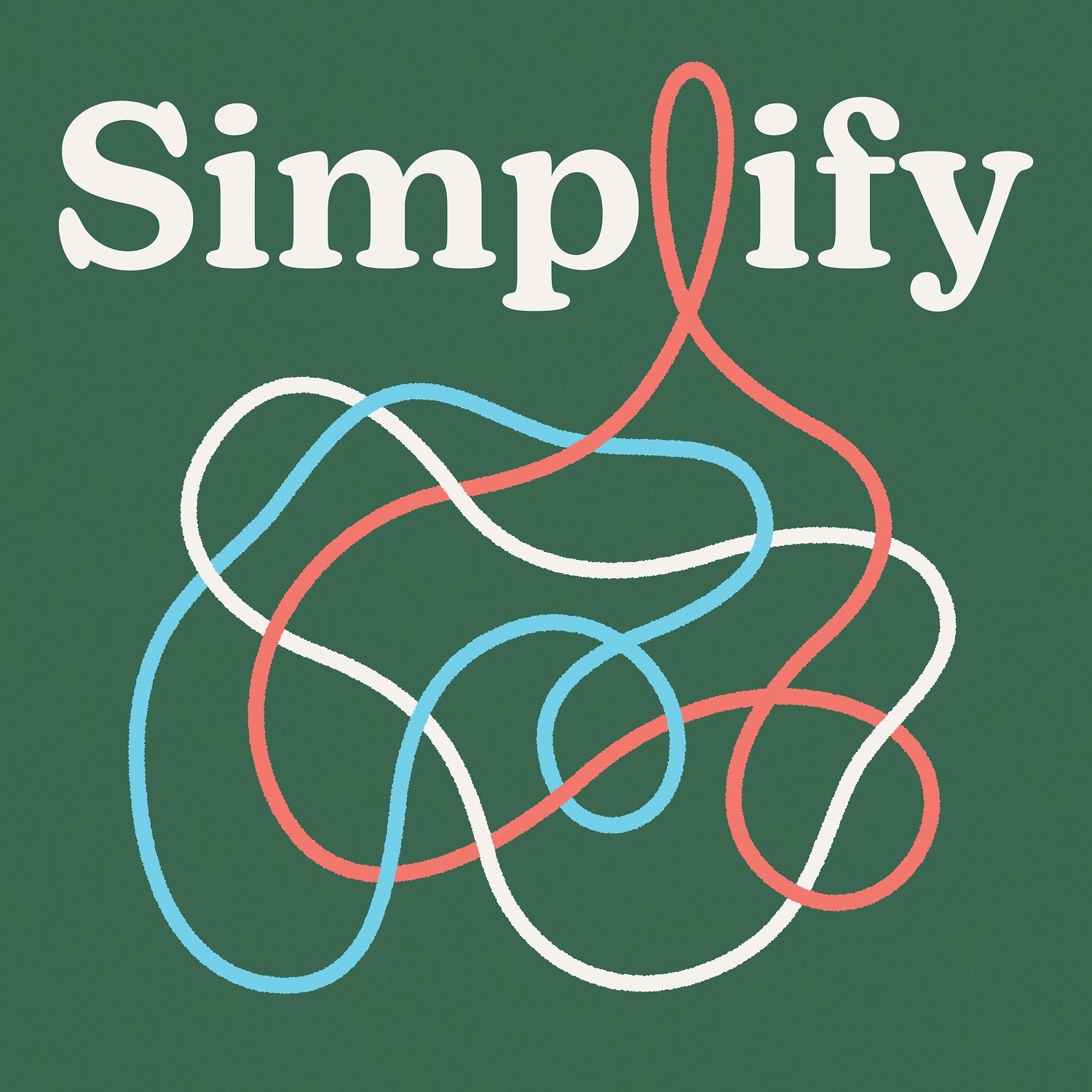.png)
Language Learning with Sean!
Hi, I’m Sean, and I’m passionate about using languages to connect with people around the world. Welcome to Language Learning with Sean!, the podcast where I share my language-learning journey, personal stories, and insights in different languages! My goal is to inspire you on your own language adventure! Whether you’re a language lover or just enjoy thought-provoking stories about life, culture, and beyond, this podcast is for you. Let’s dive in!
---------------------------------------------------------------------
Olá, eu me chamo Sean e sou apaixonado por usar idiomas para me conectar com pessoas do mundo todo. Bem-vindo ao Language Learning with Sean!, o podcast em que compartilho minha jornada de aprendizado de idiomas, histórias pessoais e percepções em diferentes idiomas! Meu objetivo é inspirar você em sua própria aventura linguística! Se você é um amante de idiomas ou apenas gosta de histórias instigantes sobre a vida, a cultura e muito mais, este podcast é para você. Vamos lá!
Language Learning with Sean!
1 - Why am I making this podcast? (English)
Hi, I’m Sean, and I’m passionate about using languages to connect wh people around the world. Welcome to Polyglot Fun, the podcast where I share my language-learning journey, personal stories, and insights in different languages! My goal is to inspire you on your own language adventure! Whether you’re a language lover or just enjoy thought-provoking stories about life, culture, and beyond, this podcast is for you.
Today's episode is about why I am doing this podcast. Let’s dive in!
Hi, I'm Sean from Canada and I love languages. One of my dreams is to one day be a polyglot. My goal with this podcast is to share this joy that I feel when I'm speaking and learning different languages. I will be speaking in these different languages, including French, Spanish, Portuguese, Italian, German, in addition to English. I will also try to incorporate some Polish, Norwegian, and Inuktitut to the best of my abilities. I hope that I can show how fun and enriching the language learning process can be, and share some of the lessons learned and mistakes made along the way. This podcast is a way to hold myself accountable to this goal of eventually being a polyglot.
The goal is to enjoy myself while speaking these different languages, and hopefully to improve in them as I record snapshots of my progress over time towards this ultimate goal. Each topic will be presented in English and in a second language, along with some musings or comments that arose in the preparation of the text in each language (in the Aftershow).
Rather than having a really long episode that includes all the different languages, up to 8, I'm going to have a different episode for each language. That way, someone interested in hearing German, for example, can simply choose the German episode rather than having to scroll through 7 other languages to find their target language.
A big part of language learning for me is courage, in particular the courage to go outside your comfort zone and to make mistakes. It can be uncomfortable to be corrected or to have bad days, but what is important is to continue onward. In other words, the courage to be vulnerable and to be human. I've thought about doing this podcast for a while now.
And I would always construct little speeches in my head in German or Italian when I would be outside running and imagine how much fun a podcast could be. But I would hesitate, thinking that I need to be perfect, or that I need to improve my French first, or whatever language, and that it might annoy others. But this is an example of how the expression 'Perfect is the enemy of good' really does apply to language learning. And, as in so many processes in life, we have the choice to either focus on the end point and how far away we are from it, or we can choose to celebrate each progress and new level along the way, rather than telling ourselves that we'll only be happy when we get to the final destination.
Each new word or sentence that we didn't know or couldn't understand can be exciting. And we can share that we have learned what we have learned and our enthusiasm for language without speaking at a fluent level and even with the goal of fluency. For me, it's not about the absence of errors, but it's really the ability to understand and to be understood and, ideally, to do so without fear.
Similarly, language learning for me is about connection. I suppose that I could travel the world and make connections with people in English, but there's something beautiful and really more genuine in the connection formed with someone in their native language. It's even more exhilarating when you make a connection using a language that you didn't know, say, a year earlier. Every new word is a small win and can be something to celebrate.
I want to share the joy and the struggle of language learning. I hope that this can help to challenge the perspective that being a polyglot is a destination that lies out of reach until we are perfect, but rather a lifelong process or activity. Or maybe it's a definition that we don't really need at all. I'll be writing and editing the text that I read, of course, so this will be a representation of me speaking after writing, reflecting, and rehearsing the text. So this is perhaps me at my best, but I am by no means perfect in the different languages, nor in English, and I want to show my genuine abilities, which differ from language to language.
It's inevitable that I will have made errors in the different languages, even English, and I invite other learners and native speakers to provide feedback in the comments.
So there you have it my first episode of my podcast. Thanks for your attention.
-----------------------------------------
Okay, so now we are at the Aftershow and I had originally recorded this with a really lousy, well, a normal microphone from a headphone. So now I have this new microphone that I got that the podcast host people suggested, and I think the sound quality will be a lot better. So I'm basically going to read what my reaction was the first time. So a few musings after having recorded this very first episode ever, woo, um, is that I use the filler word, um, a lot more.
It's funny because I'm reading a transcription with all the ums, so I can actually not read the ums. Uh, I use um and uh a lot more than I thought. And this does make sense. It's funny because when you're speaking other languages, you really do pay so much attention to what you're saying. It's all very deliberate.
And then in English, or in whatever your native language is, it kind of just comes out and you're very much Just so fluid in it that you don't really pay to what you're saying, in the same way that you are trying to pay to what you're saying in other languages. For example, when I'm in Brazil, and some of my friends there, I notice that they will say, like, "Você sabe" which means "You know, you know" . And it seems like, huh, I would never think to use that way. But then when I listen to myself, I actually do say things that I don't realize I say. Every time I have a little pause, you know I use a filler word that comes in right away.
And I think "you know" is potentially a filler word. And sometimes it's great, but in this case, I'm going to go back and remove a bunch of them. Perhaps, uh, let's see, four or five of the ten times that I said it, as well as a bunch of the 'uh's'. Um, while still keeping it, um, you know, as real as possible. But, it just goes to show that you say things you don't intend to say, also in your own native language.
Okay. Thanks so much for listening. I'm really looking forward to the adventure that doing this podcast is going to bring, as well as, uh, you know, we'll see where it goes. I don't want it to just be about languages, or just the fact that it's being done in different languages, but actually to really have interesting thought-provoking content.
And, uh, right now it's a lot easier for me to do this as a solo kind of prepared speech podcast, but I do want it to feel organic. And I think, you know, the real me is going to, is showing through no matter what, no matter how rehearsed I am, I'm not going to be very polished. And, um, yeah, I think it's going to be about not just how I learned the languages, but I do want to start there.
I want to start there with why I'm doing this. What I love about language learning, what the lessons I've learned from language learning my story of how I've learned the different languages in broad strokes throughout my life and then kind of go through each language and where it took me, the people I met, the things that helped me, the things that I would do differently.
And then from there, kind of go to, more daily, interwoven with journals. I'm in Montreal right now. I, you know, yesterday was in a cafe. I was writing about being in Montreal and looking out and seeing the snow and it was in Italian and, um, yeah, I just, I would love to reach a point where I can make things sound beautiful in different languages and that to me is just so Fun.
Not just to use a language, but to find a way to make it beautiful. The same thing in English. And, um, you know, I think any language can be beautiful and that's part of the fun of it. So anyways, um, thanks so much for your attention. I really, really appreciate it. And I'm very excited about this. Okay. Take care. Bye!
Podcasts we love
Check out these other fine podcasts recommended by us, not an algorithm.
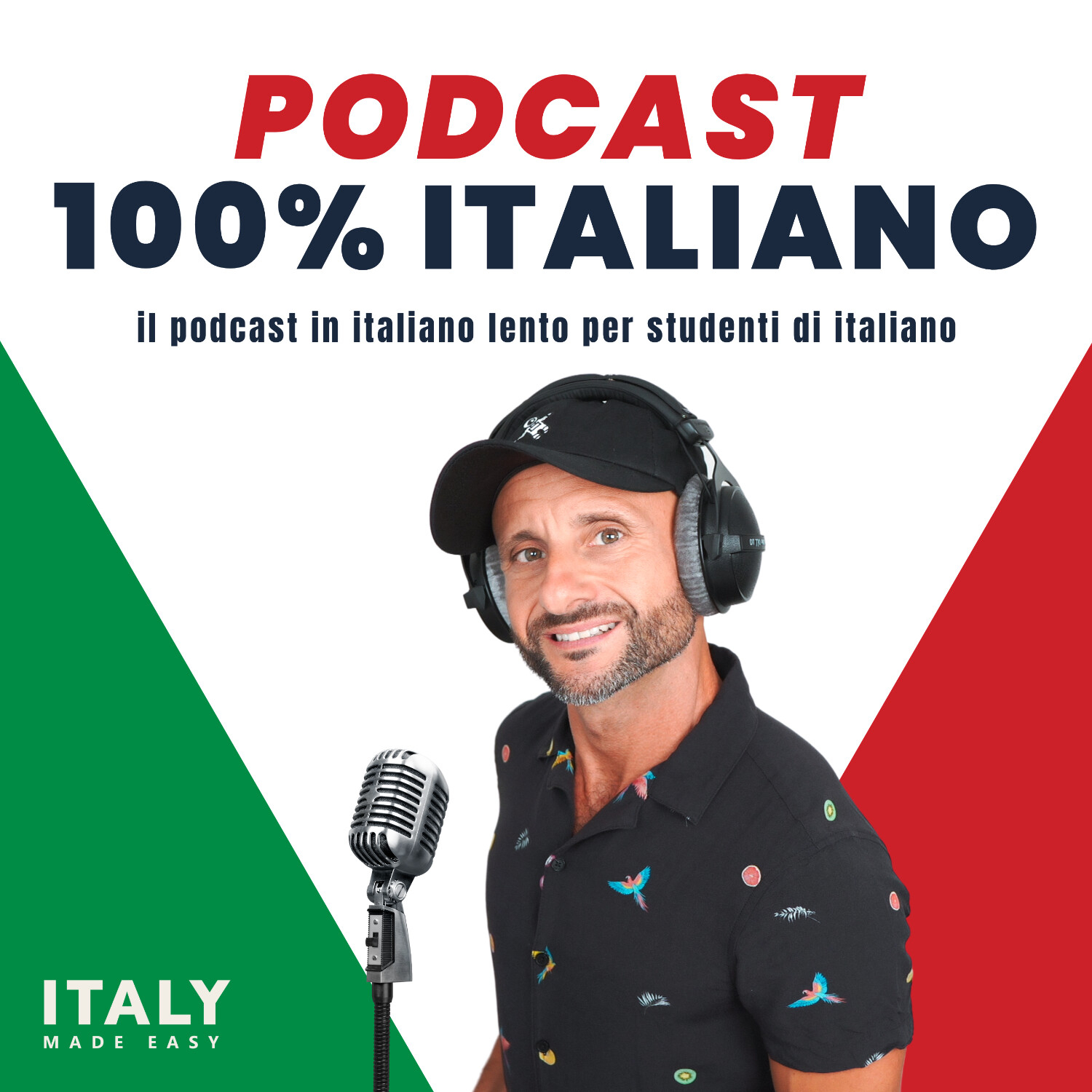
Podcast 100% in Italiano, by Italy Made Easy
Italy Made Easy
Easy Italian: Learn Italian with real conversations | Imparare l'italiano con conversazioni reali
Matteo, Raffaele and the Easy Italian team
Italiano con Amore
Eleonora Silanus
Super Easy Polish for Beginners: Learn Polish with Simple Dialogues | Polski dla początkujących
Aga, Dawid, Justyna and Janusz
Deutsches Geplapper - Echtes Deutsch lernen
Flemming Goldbecher
Easy German: Learn German with native speakers | Deutsch lernen mit Muttersprachlern
Cari, Manuel und das Team von Easy German
Intermediate Spanish Podcast - Español Intermedio
Spanish Language Coach
Polski Daily Stories & Talks
Paulina Lipiec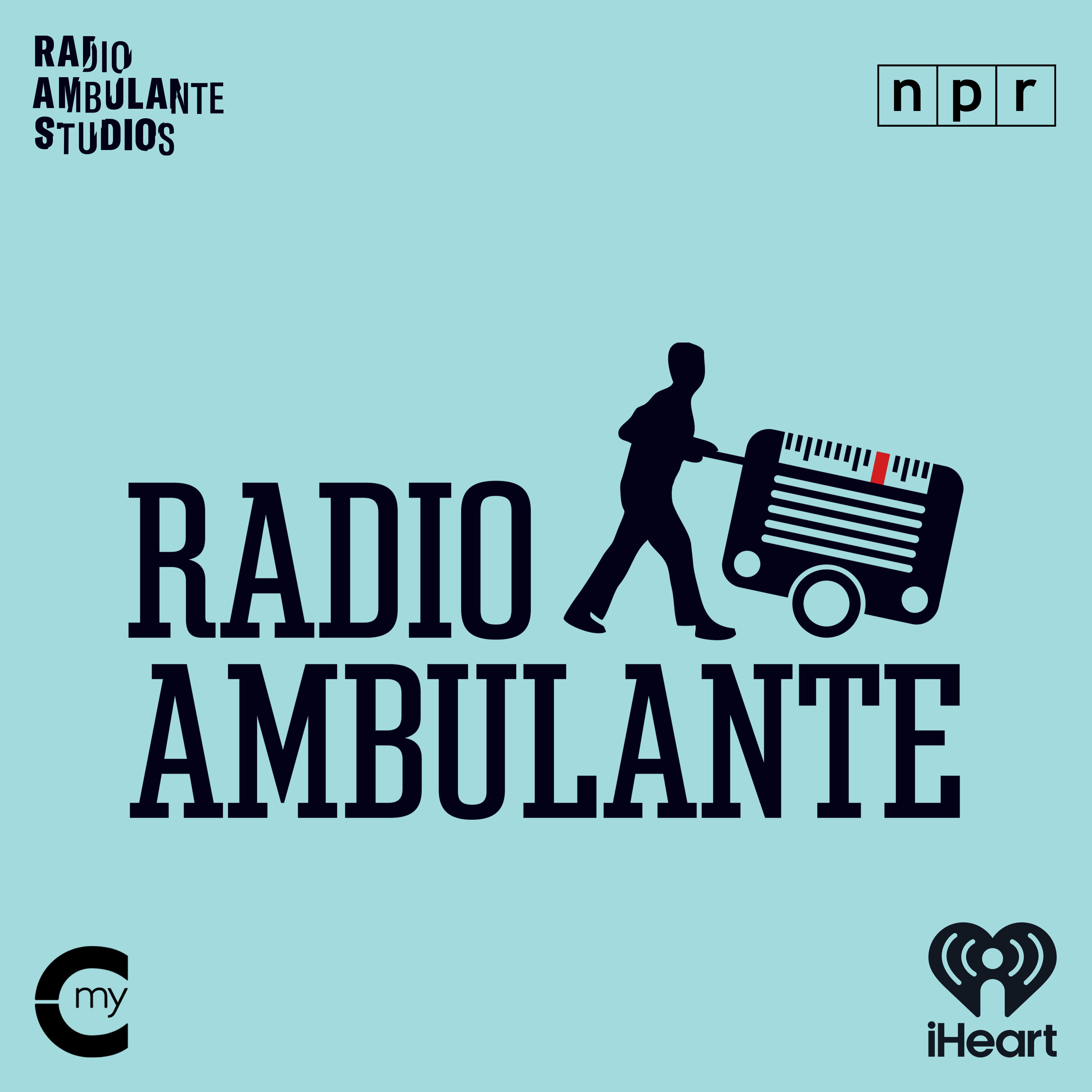
Radio Ambulante
My Cultura, Radio Ambulante and iHeartPodcasts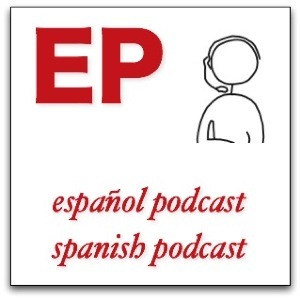
Spanishpodcast
spanishpodcast.org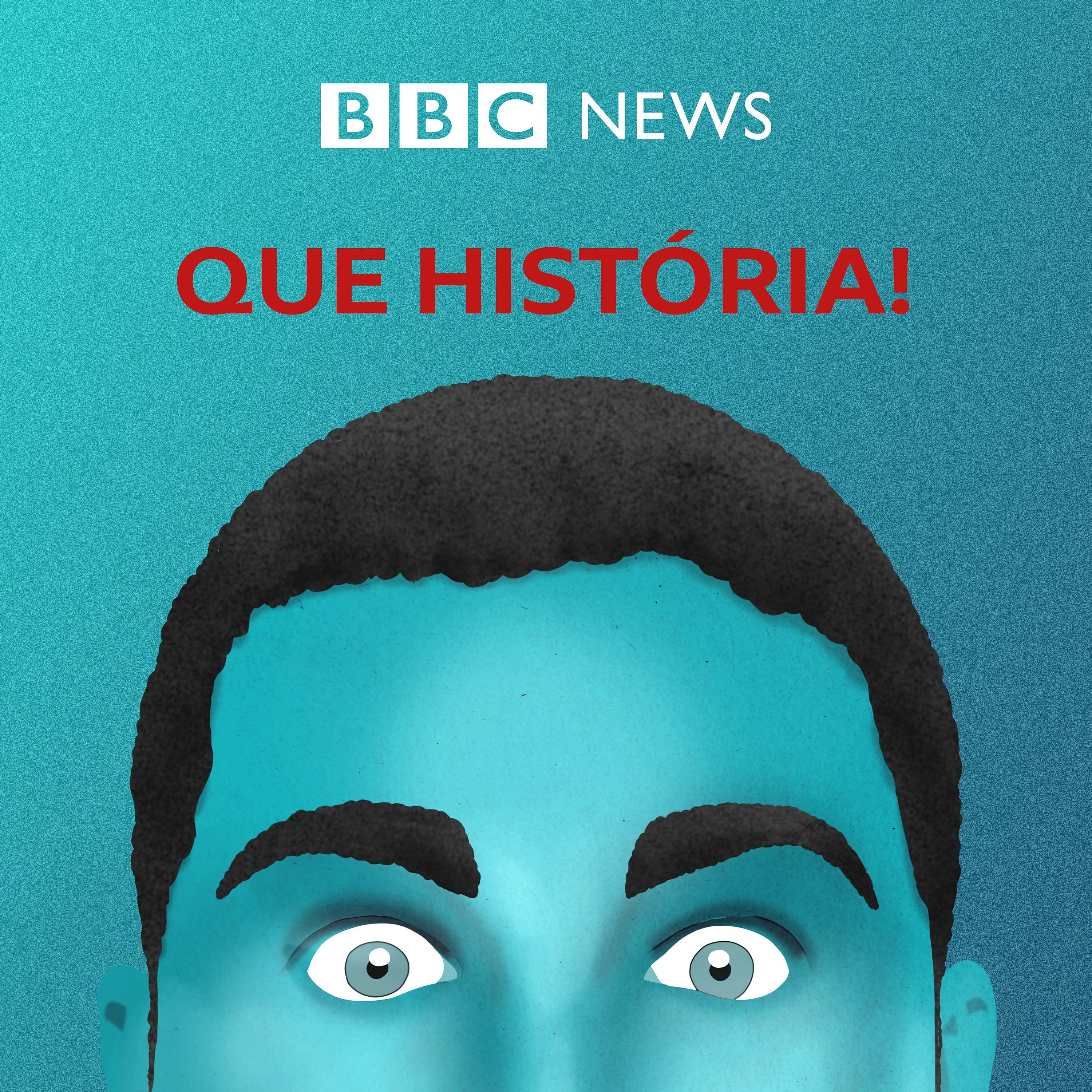
Que História!
BBC Brasil
Intermediate Portuguese With Portuguese With Eli
Eliaquim Sousa
14 Minuten - Deine tägliche Portion Deutsch - Deutsch lernen für Fortgeschrittene
Patrick Thun und Jan Kruse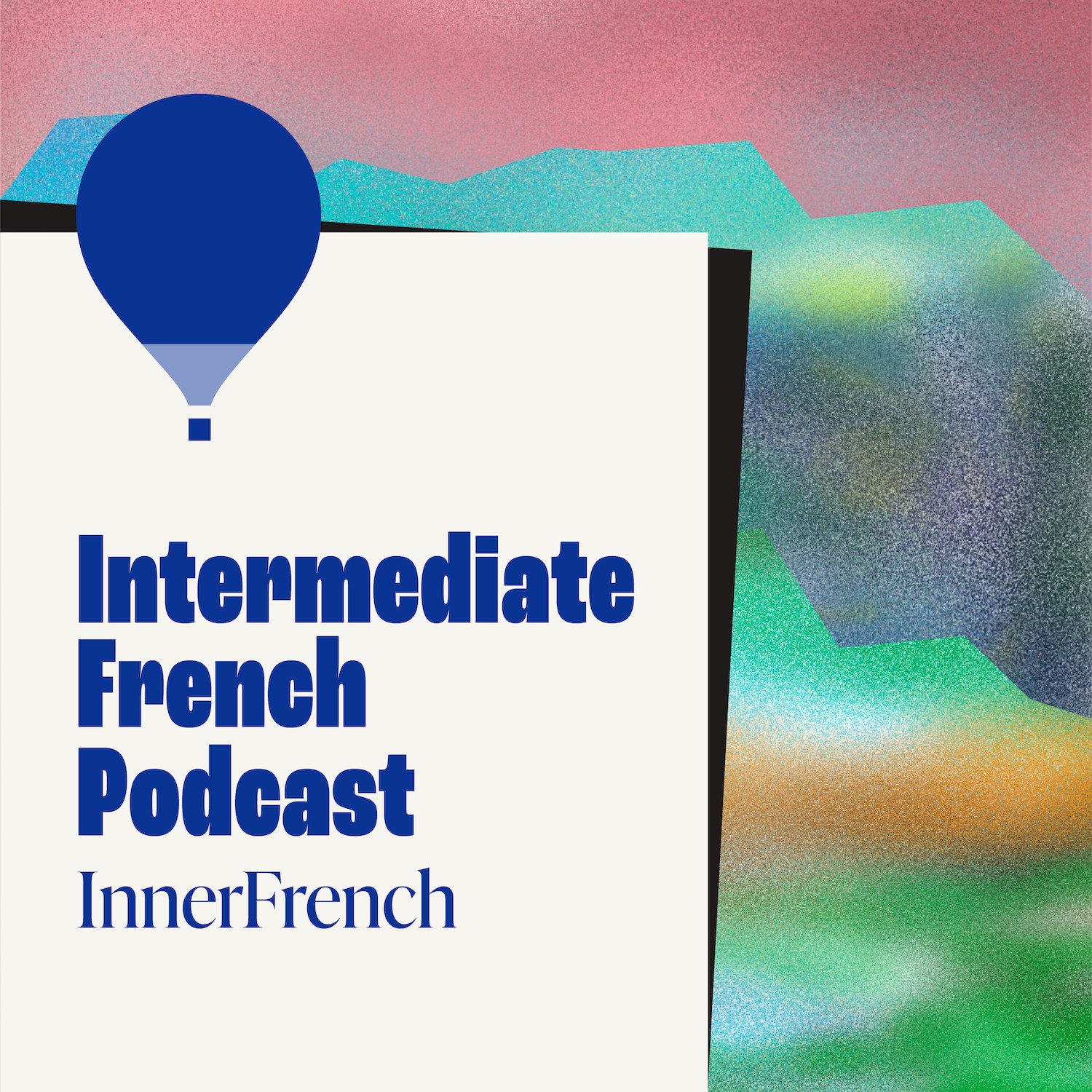
InnerFrench
innerFrench
Where Should We Begin? with Esther Perel
Esther Perel Global Media